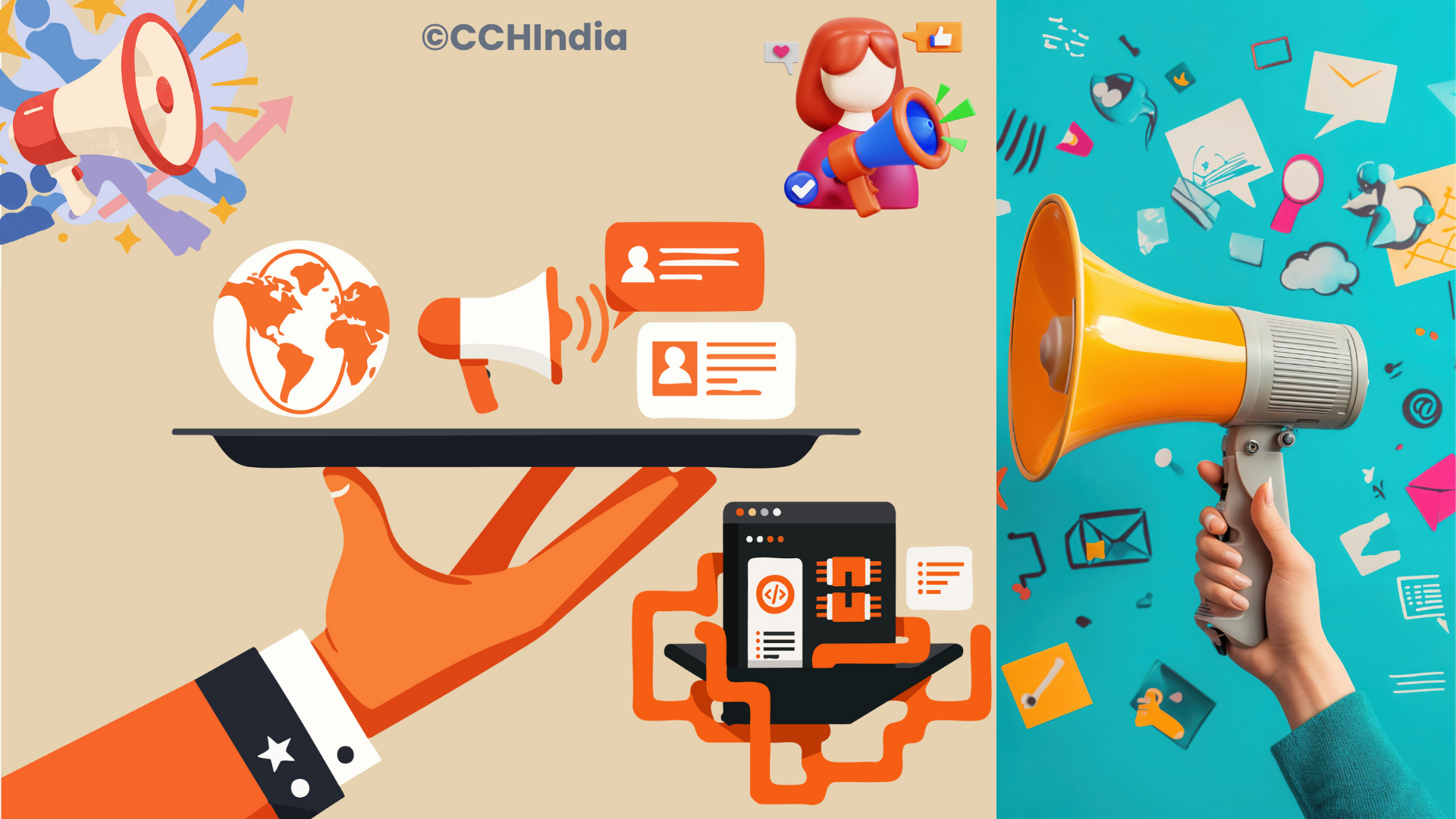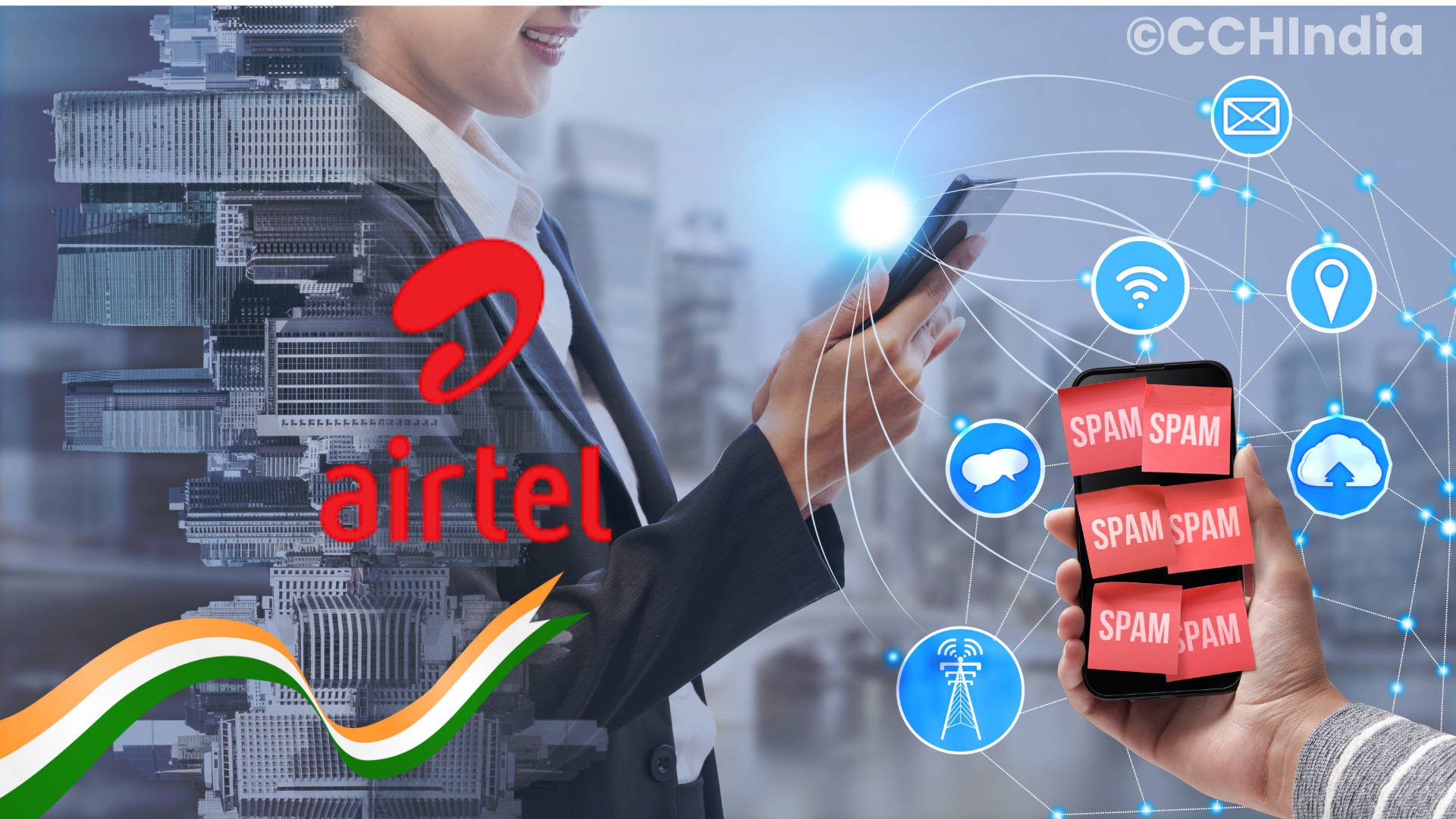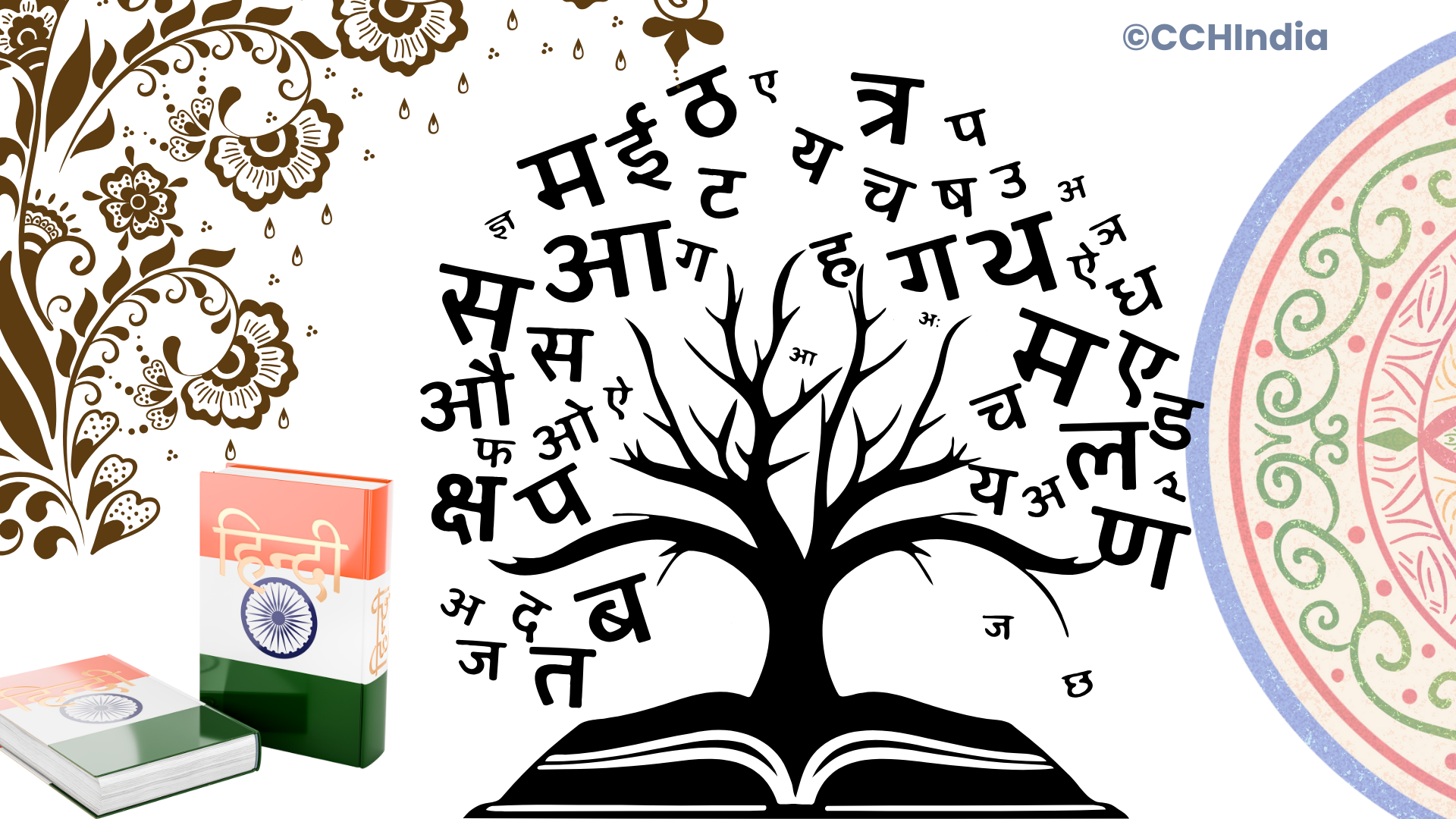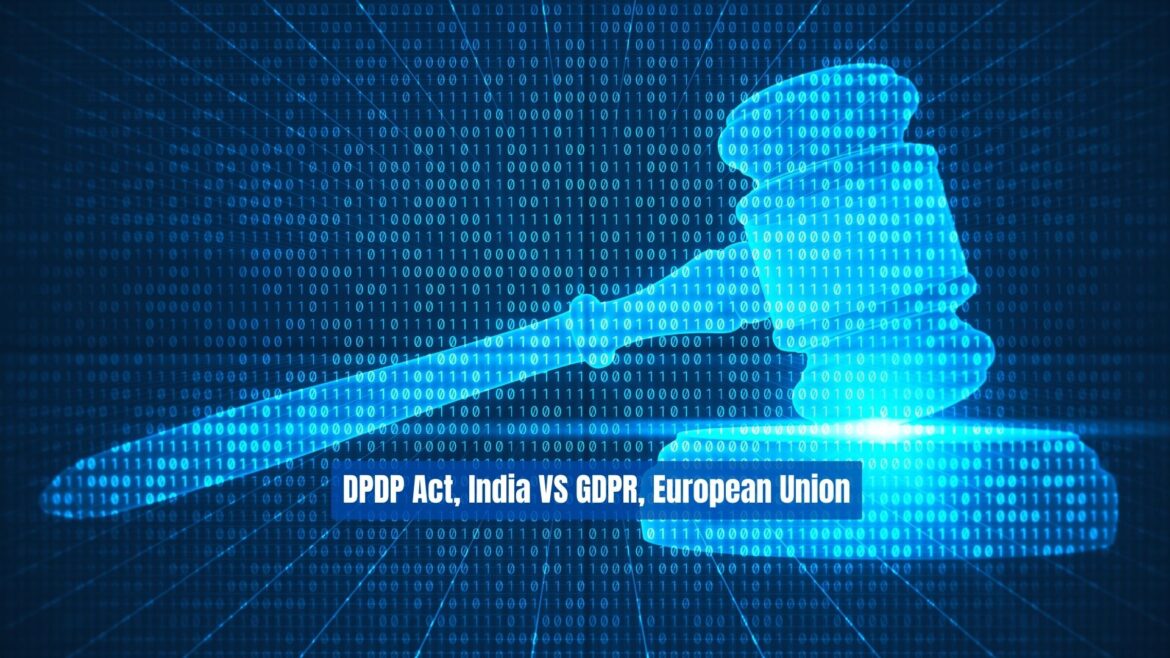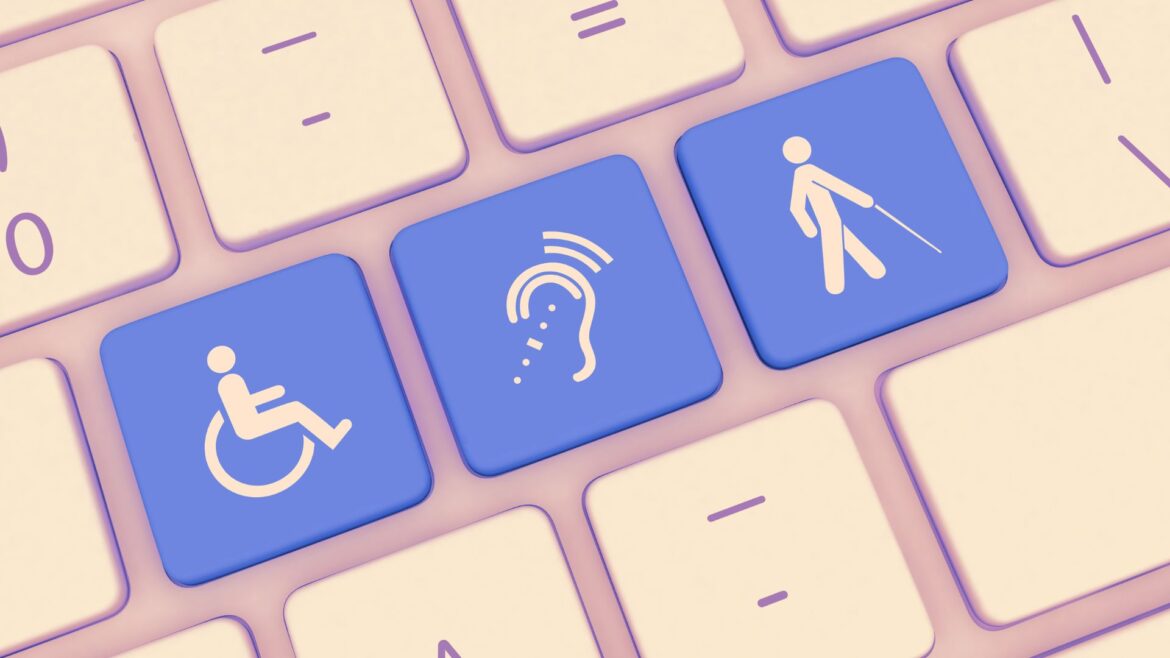I don’t know about you, but elections used to feel like this one big festival that came once in five years. Ballot boxes, campaign rallies, loudspeakers blaring slogans in the streets — that was democracy, or at least what we thought it was. But lately, I’ve been feeling like the real action is happening in my phone notifications more than on the polling booth.
Democracy has gone digital 📱
Scrolling Twitter (sorry, X… I still can’t call it that) during an election season is like watching a never-ending rally, except the crowd is millions and the stage is global. Politicians drop snappy one-liners, parties release glossy videos, and memes spread faster than posters ever could.
And let’s be real — sometimes a meme does more damage to a candidate than a full-blown press conference. One viral screenshot can shake reputations. That’s power.
I remember during the last state elections, my entire WhatsApp was flooded with forwards. Some were true, some were half-baked, some were complete nonsense. But all of them shaped conversations at chai shops and dinner tables. It’s wild how democracy now fits in the palm of your hand.
The rise of citizen-led movements
But here’s where it gets interesting. It’s not just politicians who are playing this digital game. Ordinary citizens — people like you and me — are steering the wheel.
Think about it: hashtags becoming headlines. Online petitions gathering thousands of signatures overnight. Livestreamed protests that make global news before traditional media even gets there.
I still remember when a group of college students I follow started a campaign on Instagram about campus harassment. It began as a few stories and posts. Within weeks, it turned into a full-blown movement, with meetings, media coverage, even policy changes. No ballot box. Just WiFi, frustration, and a community that refused to be silent.
Sounds empowering, right? But also kinda scary.
Let’s be honest, the same tools that give citizens a voice can also drown us in noise. Troll armies, fake news factories, bots amplifying hate — it’s messy, sometimes even toxic.
I’ve caught myself wondering: how do we tell genuine voices apart from orchestrated campaigns? When everything looks viral, how do we know what actually matters?
Democracy was always complicated. Now it’s complicated and algorithm-driven.
Yet… there’s hope 🌍
For all the chaos, I can’t deny the pride I feel when I see ordinary people shaping narratives. Young folks in small towns making reels about local issues. Farmers livestreaming their protests. Women running online campaigns that cut through decades of silence.
It feels like democracy is no longer something you “visit” once every election. It’s alive, buzzing, messy, constantly evolving — and it lives right where we spend most of our time: online.
So maybe the ballot box is just the beginning
If you think about it, casting a vote is just one part of the story. The rest? It’s playing out daily — in likes, shares, petitions, and online conversations that refuse to die down.
And maybe that’s the real shift. Democracy isn’t a five-year event anymore. It’s an ongoing dialogue, sometimes messy, sometimes magical, but always ours to shape.
Because at the end of the day, democracy isn’t just about leaders. It’s about voices. And right now, those voices are louder — and more digital — than ever before.


